
Nnamdi Agbo and Nollywood’s Bold Retelling of Nigeria’s 1993 Hijacking in Hijack ‘93
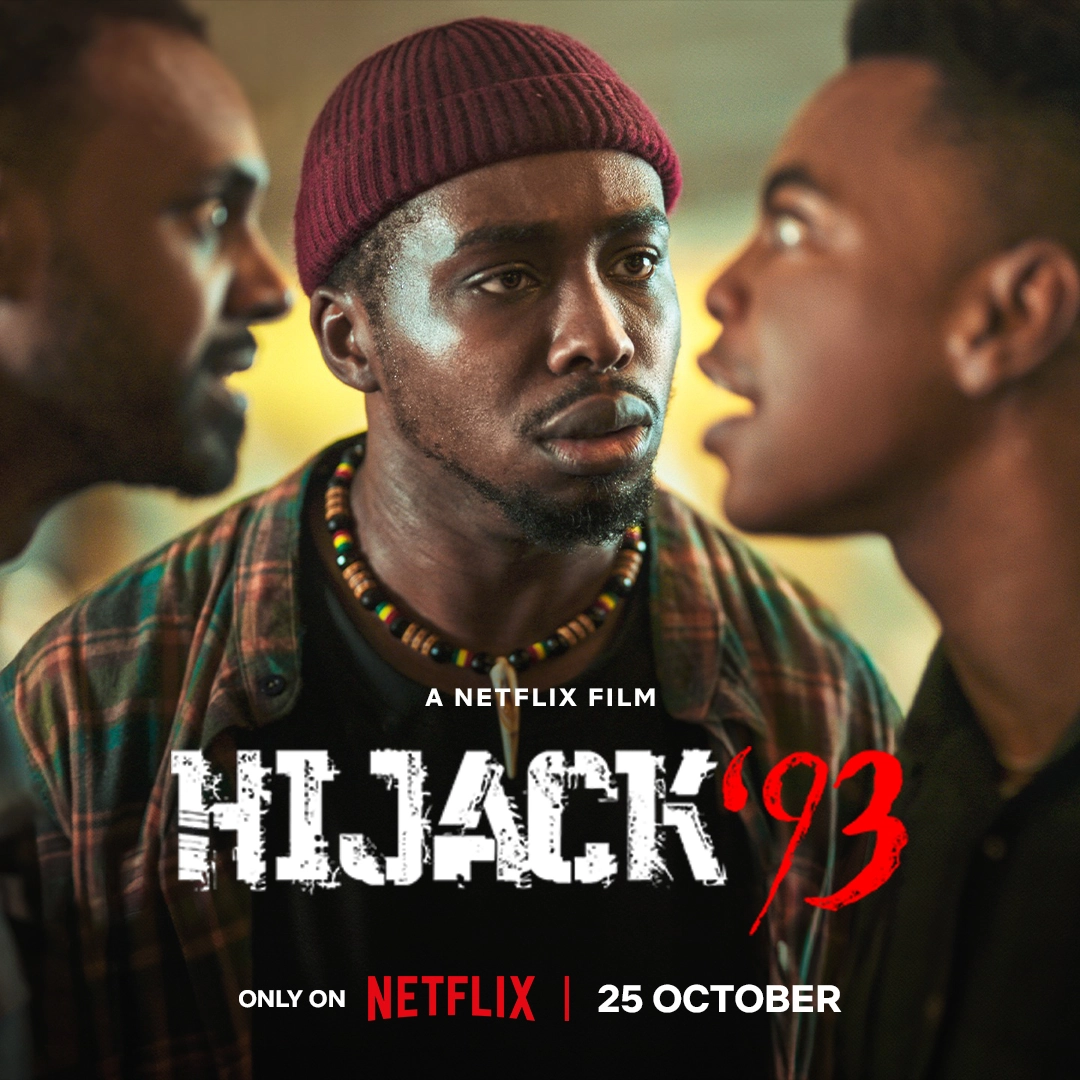
Hijack ‘93, now streaming on Netflix as of October 25, 2024, is Nollywood’s daring adaptation of a real-life hijacking that took place during one of Nigeria’s most politically turbulent periods. Produced by Play Network Studios, this film sheds light on the 1993 hijacking of a Nigerian Airways flight—a dramatic event intended to protest the military government’s refusal to recognise the results of the June 12 elections.
The film, led by seasoned actors and rising stars, exemplifies Nollywood’s growing ambition to tell historically significant African stories on a global stage. Among the standout cast is Nnamdi Agbo, who plays Skipper, one of the lead hijackers, bringing depth and complexity to a controversial figure.
Bringing Skipper to Life: Nnamdi Agbo on His Role
Agbo first discovered the story in 2016, believing it to be fictional due to its surprising obscurity. “This was a highly important event that wasn’t widespread for some reason,” he remarked. For Agbo, preparing for the role of Skipper was both a personal and professional journey. “When I reflect on the roles I’ve taken over the years, I realise there’s been a sort of divine orchestration,” Agbo shared, adding that many of his previous roles had unknowingly prepared him for this moment.
To fully embody the character, Agbo delved into extensive research. He watched interviews with the original hijackers, who recounted the event in their own words. Additionally, several conversations with the writer and director helped Agbo craft a portrayal that balanced the complexity of the situation. “These actions informed a lot in my preparation,” he told West Africa Weekly, emphasising the responsibility he felt to honour the truth of the story, even with the use of fictional names.
While some might feel pressure taking on such a controversial role, Agbo saw it differently. “There was really no pressure per se,” he explained. The challenge, according to Agbo, was more intellectual and emotional—understanding the motivation and audacity it took for the real-life hijackers to risk everything for their cause. “I kept wondering what level of audacity they had to go on such a high-risk journey, knowing that failure likely meant death or stigmatisation.”
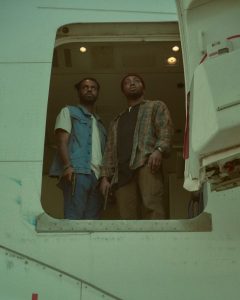
Agbo’s reflections capture the intensity and the moral complexity of the story. This wasn’t just a random act of terrorism but a desperate protest in a politically fraught era. As Hijack ’93 unfolds, viewers will be faced with similar questions about morality, activism, and the choices people make in the face of oppressive regimes.
Hijack ’93 represents more than just a historical retelling—it serves as a bold step in Nollywood’s effort to explore politically significant narratives for both local and global audiences. With a hefty budget, meticulous attention to historical details, and collaboration with Netflix, the film positions Nollywood to compete on the global stage.
However, the film has already faced some early criticism following the release of its trailer. Some viewers and critics have raised concerns about whether the movie captures the full historical accuracy of the 1993 hijacking, with comparisons made to other Nollywood historical films like 76, October 1 and Badamasi (Portrait of a General). While these responses have sparked debate, It’s important to note that trailers sometimes fail to reflect the full complexity of a film, especially one with such a layered narrative. The filmmakers have attempted to balance cinematic storytelling with factual elements. Sometimes, it comes down to how well the story is captured—whether the narrative resonates with the audience. Criticism is valid and part of engaging with art. Now that the film has premiered on October 25, 2024, audiences can experience it fully and form their own opinions.
Agbo believes the film’s ambition lies not only in retelling history but also in igniting conversations among viewers. “Most Nigerians are not familiar with our history,” he noted. “This film has certainly sparked an interest from the audience, especially the youths.”
The production of Hijack ’93 was not without its behind-the-scenes highlights. Agbo recalls the strong camaraderie that developed among the cast and crew. “Everyone on the job was kind and helpful in every way. It felt like we had known each other for years,” he said, recounting how veteran actor Sam Dede would check in on the cast even when he wasn’t on set. This atmosphere of collaboration and support was crucial in bringing such an emotionally charged story to life.


Beyond being a compelling drama, Hijack ’93 serves as a cultural touchstone, reigniting discussions about Nigeria’s past. The hijacking was an act of defiance against military oppression, and the film mirrors this boldness by daring to explore uncomfortable truths. As Agbo pointed out, the lack of historical education in Nigeria has left many young people unaware of key events like the 1993 hijacking.
The study of history or political education isn’t encouraged in this part of the country, Agbo remarked, but this film has certainly sparked curiosity.
For Nnamdi Agbo, moving from theatre and television to leading roles in high-profile films like Hijack ’93 wasn’t difficult. As he explains, the creative mediums share common roots, but each has unique demands. “Theatre is for understanding performance, the film is for understanding behaviour,” he told West Africa Weekly, quoting his colleague Moshood Fattah. Understanding when and how to apply different techniques has been key to Agbo’s successful transition between these artistic spaces.
After his role in Hijack ’93, Agbo is looking ahead to future projects with a focus on growth and development. “There are projects I’m excited about,” he teased, leaving fans eager to see what comes next for the rising star. Agbo remains committed to telling meaningful stories, particularly those that delve into historical or complex narratives. “My horizon is expanding rapidly,” he said, hinting at the ambitious path ahead.
With Hijack ’93, Nollywood has once again proven that it can take on the global stage with stories that matter. Nnamdi Agbo’s portrayal of Skipper, combined with the film’s commitment to historical accuracy and emotional depth, ensures that this is a story that won’t soon be forgotten.
Read More:
- Tinubu Appoints Sulaiman-Ibrahim, Opponent of #EndBadGovernance Protests, as Minister of Women’s Affairs
- Meet The African Queens Set To Represent African Countries At Miss Universe 2024
- Senate Approves 15% Deduction from State Allocations for Regional Commissions Amid Controversial LG Autonomy
About The Author
%s Comment
Leave a Reply Cancel reply
Related Articles
Tyla Wins Best African Music Performance at 2026 Grammys
South African singer Tyla has won the Best African Music Performance award...
ByWest Africa WeeklyFebruary 2, 2026Grammys Honour Fela Kuti With Historic Lifetime Achievement Award
Legendary Nigerian musician and Afrobeat pioneer Fela Anikulapo Kuti has become the...
ByWest Africa WeeklyFebruary 2, 2026Wizkid and Asake Join Forces on New Collaborative EP
Wizkid and Asake have released a collaborative EP, uniting two of Nigeria’s...
ByWest Africa WeeklyJanuary 29, 2026Toyin Abraham Joins Funke Akindele as Nollywood Billionaire Filmmaker with Oversabi Aunty
Veteran actress, producer, and now director Toyin Abraham Ajeyemi has reached a...
ByWest Africa WeeklyJanuary 28, 2026



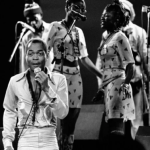





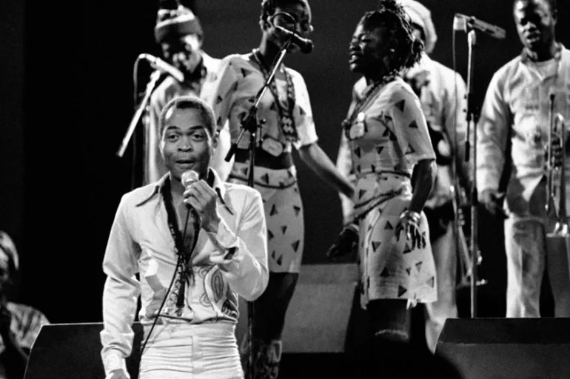
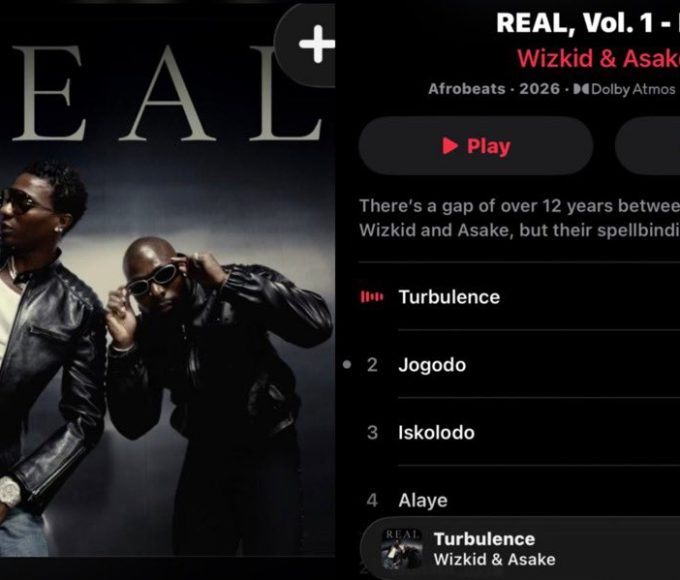
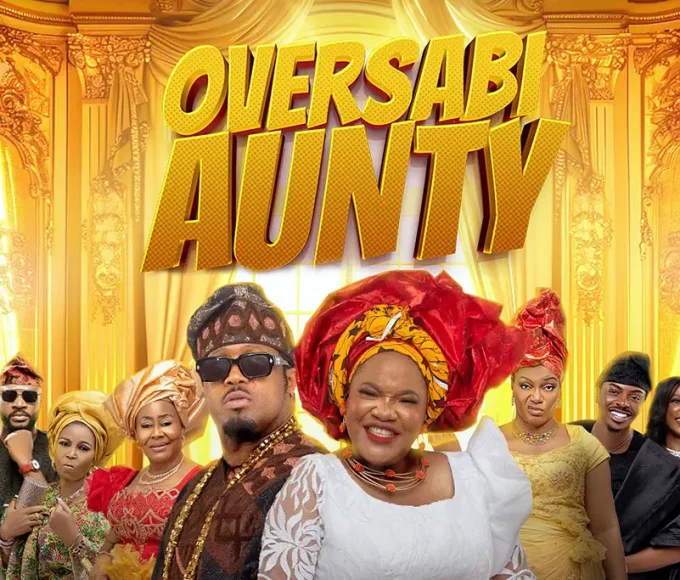
As a first-hand witness of the Hijack and attendant circumstances, I am looking forward to seeing the film.